Another Sort of Freedom by Gurcharan Das was taken up for discussion by the book club. It is the memoir of the author, who worked in the private sector where he had a successful career.
Born in Lyallpur, Punjab, during World War II, his mother noted in her diary that he was a ‘difficult child‘ who was to become a ‘troublemaker’
He initially wanted to become an engineer but ended up studying philosophy at Harvard. He could have pursued academics for which he showed a certain penchant but instead became a salesman for Vicks Vaporub.
An equally strong drive in Gurcharan was his desire to become a writer. To quote him, as he launched his career: I was on a tour in Punjab and stopped to see a family in Ludhiana. Cousin Jeet was curious to know how I was getting on. I began to tell him about my job, but he quickly lost interest. He wanted to know about my ‘ love life ‘.I did not want to talk about Alisha, so I told him about my desire to become a writer on the side.
His cousin was dismissive. ‘No money in it,’ he said.
Nevertheless, his first writing project, ‘Larins Sahib‘, a historical play set in the confused period after Ranjit Singh‘s death, when the British first arrived in Punjab in the 1840s, won the first prize. As Gurcharan puts it, “One morning I opened the “Times of India” to find the announcement of a playwriting competition. Rs 10,000 was the first prize. I completed the play before the deadline and sent it in.”
He says he was so thrilled when he heard that he had won the first prize that for the rest of the week he was flying “ four fingers above the ground on Yudhishthir`s chariot. “ There was a glamourous prize-giving ceremony at the Taj, where Santha Rama Rau was the chief guest. Alisha also came………” My picture was in all the papers, and I was famous.”
Even as he began to make a mark in writing, he did well in his chosen career in the private sector. He became the CEO of Procter & Gamble India. And then to other positions in the private sector. But one day, at the peak of his professional life, he walked away to set up his own company.
And so his story unfolds. At the question hour, Dr. Gautam Vohra raised the issue of whether Gurcharan Das could be considered a public intellectual, as his publishers claim. Others followed up in the same vein, including Pradip Burman, Subhash Dubash, I. P. Khosla, Ajay, and Alpana Manchanda, as well as Priyadarshini Gandhi. The general consensus was that he was certainly a successful writer and private-sector hero, but to call him a public intellectual was stretching it a bit. As ever, all in all, it was an entertaining evening.
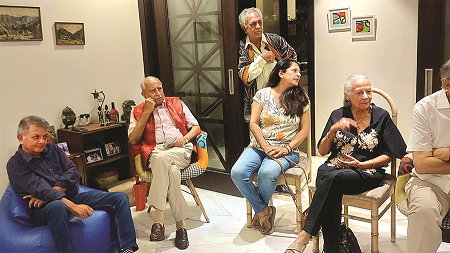
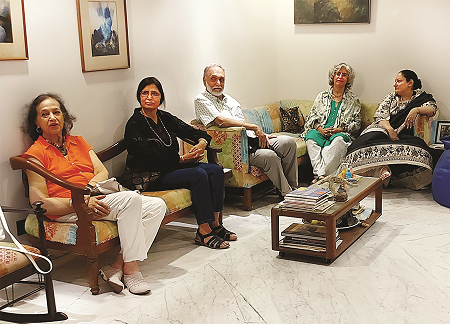

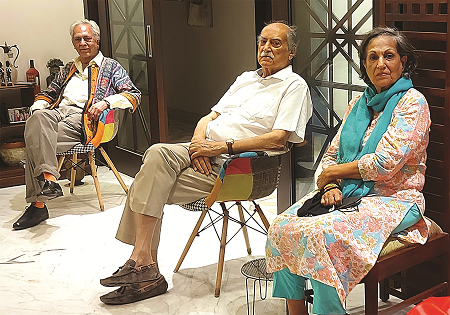

2 Comments
Leave a Reply Cancel reply
You must be logged in to post a comment.
Popular Stories
Football Tournament @Princeton
More Than a Festival: The Art and Power of Durga Puja
Personality of the Month- ‘Dr Usha Mediratta’
Stray Cattle Menace In Front of Galleria
The Chronicles of Malibu Towne: A Mosquito’s Tale
“Senior Living Is Not An Old Age Home” say Mr & Mrs Bose
Recent Stories from Nearby
- The Room Withholding the View January 27, 2025
- Your Vote, Your Voice: Make It Count in New Delhi’s Assembly Elections January 27, 2025
- A Magical Christmas Carnival at New Friends Club! January 27, 2025
- “NO” Feeding Monkeys Pleazzzz…zzze January 27, 2025
- Badminton Brilliance at NFC Club: Coaching the Next Generation! January 27, 2025

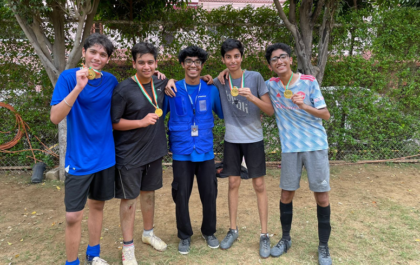
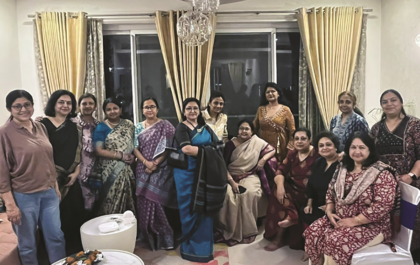
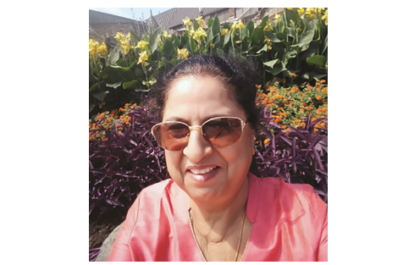
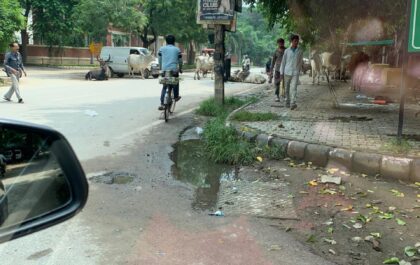

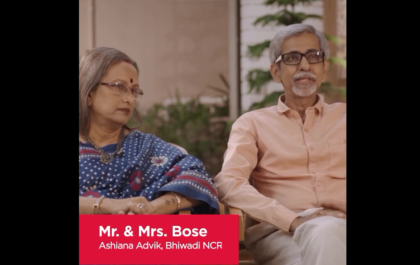
informative !
informative !Good information !